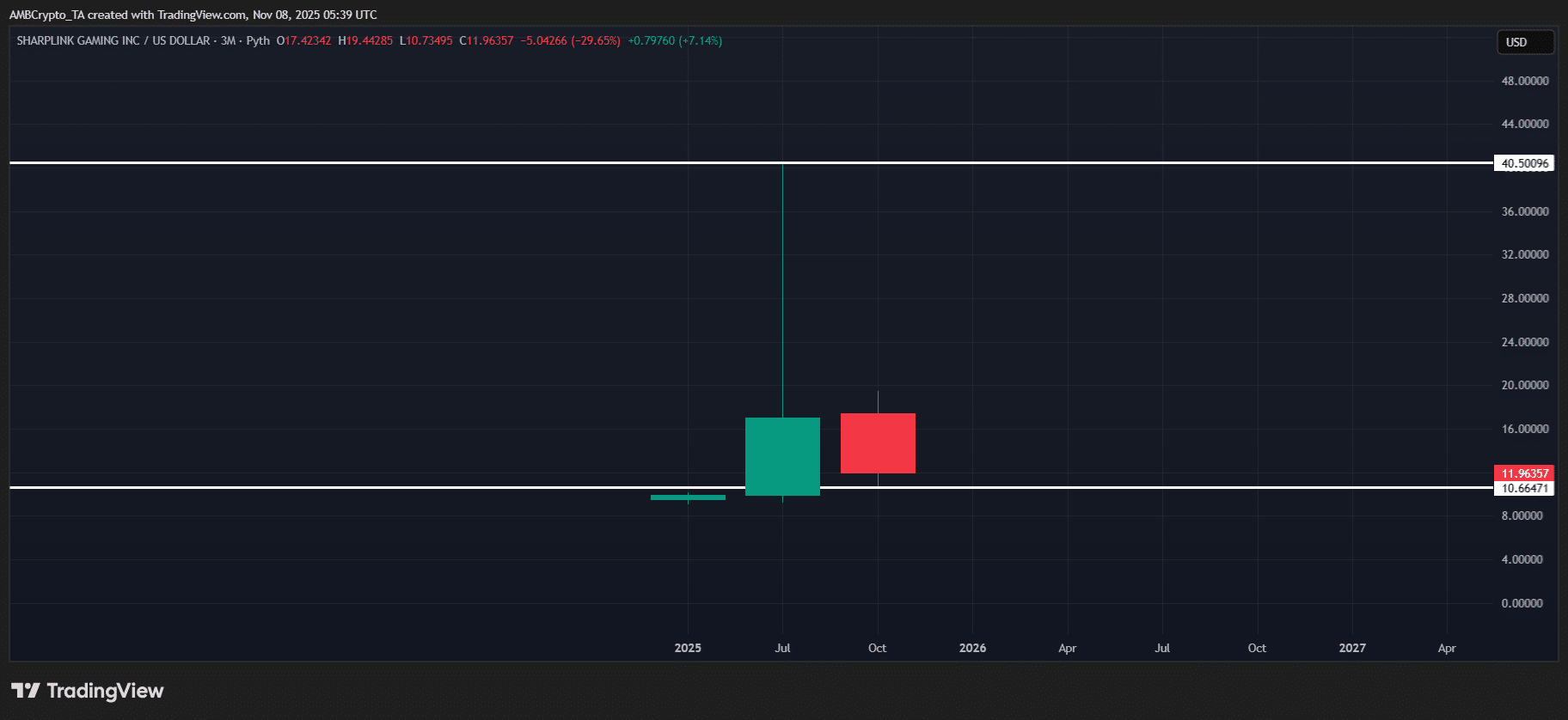Florida’s Bold Move: Will 10% of Trust Funds Flip to Bitcoin by 2026 and Rewrite the Rules of Wealth?
Ever wonder if a state treasury could moonlight as a Bitcoin whale? Florida is stirring the pot with a bold new move that might just put the Sunshine State on the crypto map in a way we haven’t quite seen before. House Bill 183, set to be discussed in the 2026 legislative session, isn’t just another financial policy—it’s an audacious step into digital assets, allowing the Chief Financial Officer and the State Board of Administration to manage up to 10% of certain public funds in Bitcoin and other digital assets. It’s like mixing old-school governance with cutting-edge crypto strategy, all while giving Floridians the option to pay taxes with digital cash. This isn’t just about investment; it’s a whole new playbook for public finance, ticking the boxes for secure custody and institutional-grade safeguards. Will Florida’s gamble inspire other states or end up as a cautionary tale? Buckle up, because the future of state finance might just be a tweet away from shaking up the status quo. LEARN MORE

Key Takeaways
When is the bill expected to be discussed?
The bill will be considered during the 2026 legislative session.
Who would manage these digital investments?
Florida’s Chief Financial Officer (CFO) and the State Board of Administration would oversee the investments, ensuring secure custody and compliance.
Florida is emerging as the latest U.S. state to explore the idea of holding Bitcoin [BTC] as part of its public investment strategy.
Details of the House Bill 183
House Bill 183 was recently introduced in the Florida House. It defines “digital assets” broadly, including Bitcoin, tokenized securities, and non-fungible tokens (NFTs). The bill also mandates strict custody and control measures for these assets.
Importantly, the bill allows Florida’s Chief Financial Officer (CFO) to invest up to 10% of certain public funds in digital assets. These funds include the General Revenue Fund, the Budget Stabilization Fund, and various trust funds.
Investments can be made directly in Bitcoin, other digital assets, or exchange-traded products. The CFO has three options for managing these assets: holding them directly, using a qualified custodian, or investing through an SEC-registered ETF.
These methods are designed to ensure institutional-grade safeguards.
If enacted, the bill would also authorize the State Board of Administration to invest up to 10% of the Florida Retirement System’s Trust Fund in similar digital assets.
How will this help Florida?
The bill frames Bitcoin as both a store of value and a hedge against inflation. It aligns with broader federal developments, including the March 2025 White House executive order that established a national “Strategic Bitcoin Reserve” and digital-asset stockpile.
The proposed Florida legislation builds on this federal direction. It positions the state as a potential early adopter among U.S. jurisdictions embracing Bitcoin-backed reserves.
In addition to investment provisions, the bill introduces a digital-friendly option for residents. Floridians would be allowed to pay certain taxes and fees using digital assets.
These payments would be automatically converted into U.S. dollars before being deposited into the state’s general fund.
If enacted, the law would take effect on the 1st of July 2026. This would mark a significant step toward integrating cryptocurrency into Florida’s public finance system.
The move arrives as Bitcoin trades at $107,370.02, down 3.52% over the past 24 hours, according to CoinMarketCap.
Other states and their take on the Bitcoin Reserve bill
This marks a notable policy shift after the state shelved similar efforts earlier this year, joining others like Wyoming and Pennsylvania in stalled attempts.
The new bill now aligns Florida with states such as Arizona, New Hampshire, and Texas, which have advanced digital asset investment frameworks, per Bitcoin Laws.
Meanwhile, Brazil is taking parallel steps on a national scale, with its Chamber of Deputies set to debate a bill on 20th August to create a national Bitcoin reserve.
This shows that, from Florida to Brazil, governments are increasingly exploring Bitcoin as a strategic reserve asset.




















Post Comment